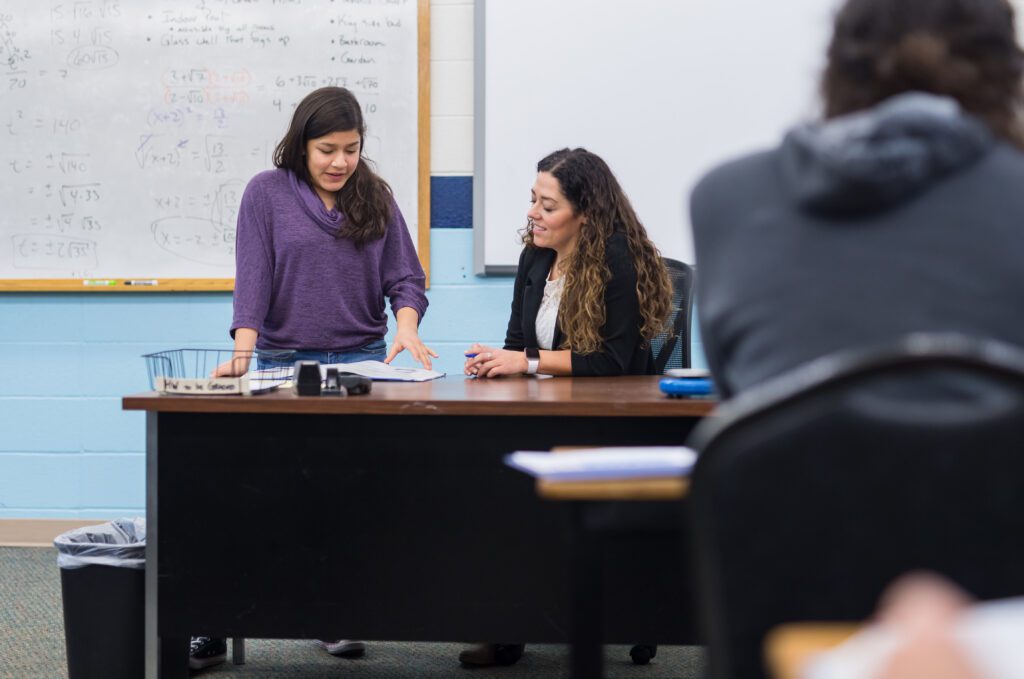Our Education Director Josh Hillman considers some of the issues surrounding the Prime Minister’s announcement on A level reform
The Prime Minister’s decision to review 16-19 education is far from the first time a UK government has considered reforming A levels and their relationship to their vocational counterparts.
Whilst the announcement is welcome, it could have been more ambitious, and in particular it is surely a missed opportunity not to drop the review down to age 14 and at least consider the future and nature of GCSEs. The directions set out in the Department for Education’s document fleshing out of the PM’s statement suggests that calls for a wholesale overhaul of GCSEs will become louder if the reforms of 16-19 qualifications come to fruition.
What could a new system look like? In 2003, the Foundation funded a six-year project the Nuffield Review of 14-19 Education and Training. Many of the findings are still relevant today, and its recommendations could serve as a base on which to develop the new proposals. You can access its findings and various reports here.

Focussing on one area in particular, while controversial, at the Nuffield Foundation we are broadly supportive of the proposal that all students should study maths in some form between the ages of 16 and 19. I have written extensively about the benefits of continuing with maths, the current Core Maths qualification, and the difficulties that would come with delivering change, most recently in two articles which you can find here. The new ‘Advanced British Standard’ would potentially tackle these challenges by wrapping compulsory maths (and English) into the new qualification.
More broadly, it is vital that any reforms take a long-range view of the skills needs of the future, so we can better prepare our young people for the world of work. I would encourage Department of Education ministers and officials to draw on findings from our ongoing landmark project Skills imperative 2035: Essential skills for tomorrow’s workforce for evidence to inform their thinking.
Of course preparation for work is only part of the purpose of 16-19 education, and the Department should look at ways in which it can help young people to flourish in all aspects of their lives.
More broadly, it is vital that any reforms take a long-range view of the skills needs of the future, so we can better prepare our young people for the world of work.
Another consideration is how, if at all, this will influence the policies of the other political parties. Will they feel bounced into producing their own version of 16-19 education reform, or leave it to the Conservatives? No doubt this will emerge in the analysis the Education Policy Institute will carry out on all the party manifestos as part of their project, Education priorities in the next general election, supported with a grant from our General election analysis and briefing fund.
Finally, education is a devolved power and there is increasing divergence amongst the systems of the four nations of the UK, with many interesting lessons to be shared between them. It will therefore be interesting to see how the Prime Minister’s plan might apply beyond England, and if it can succeed as a genuinely ‘British’ qualification as the name on the tin suggests.



































